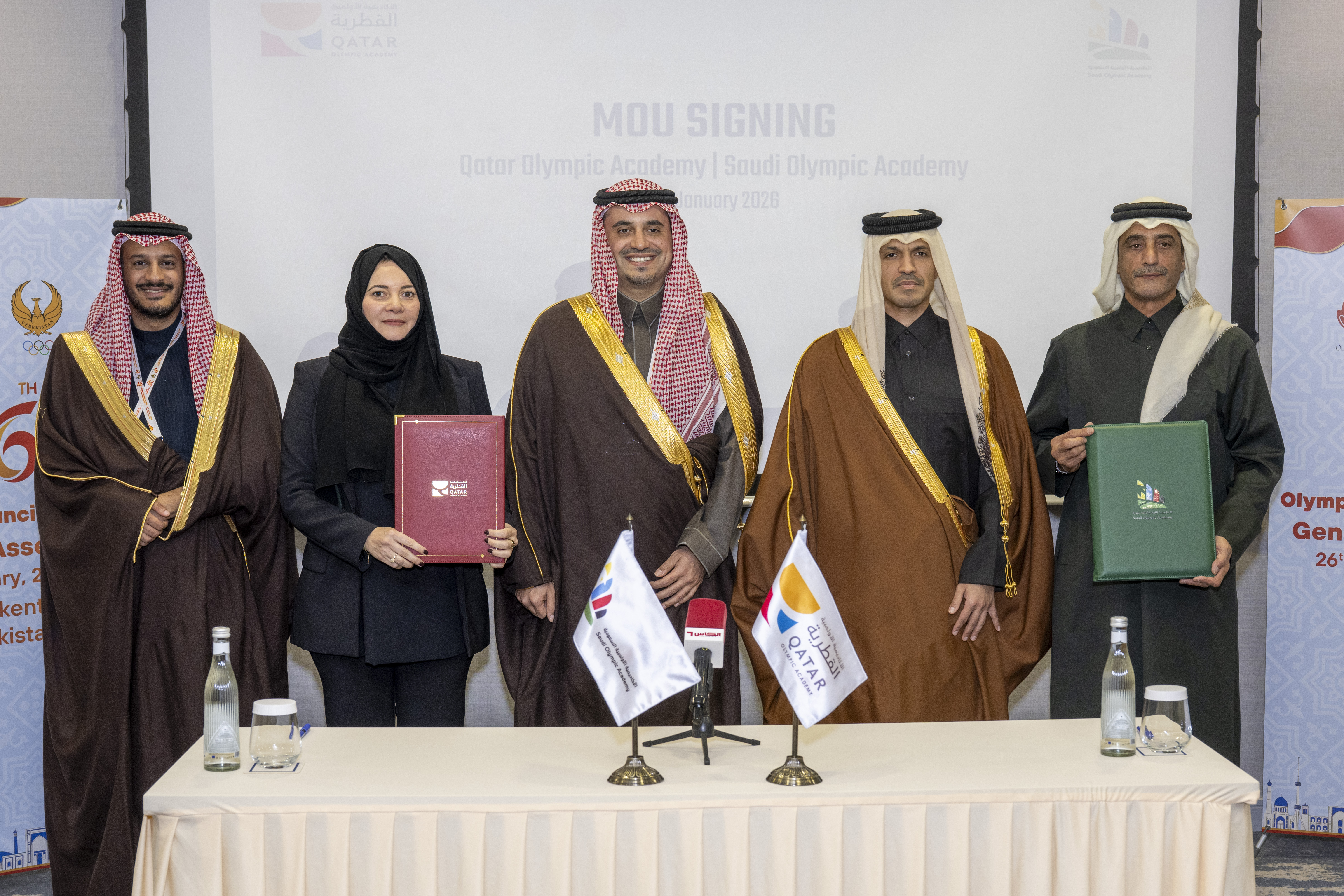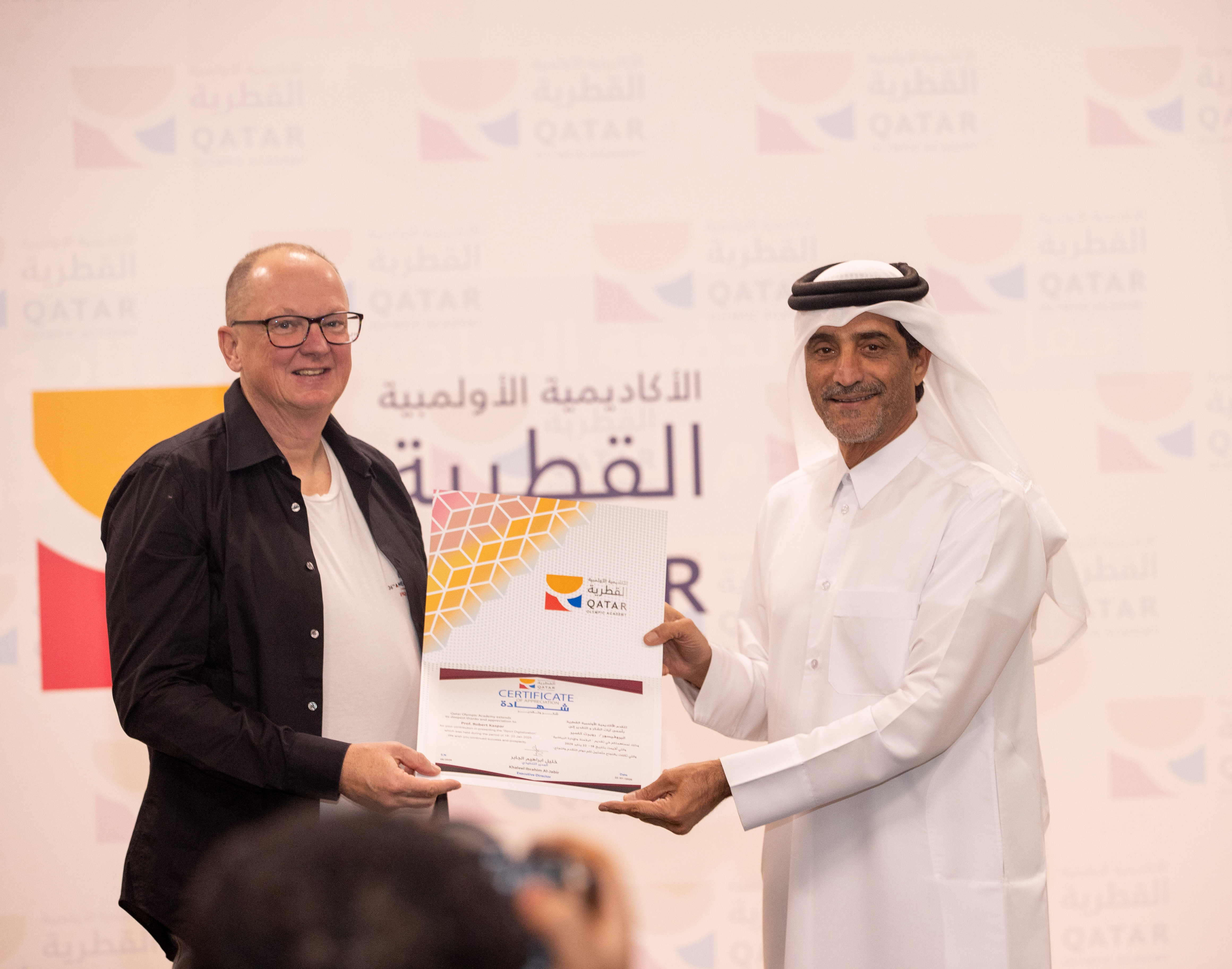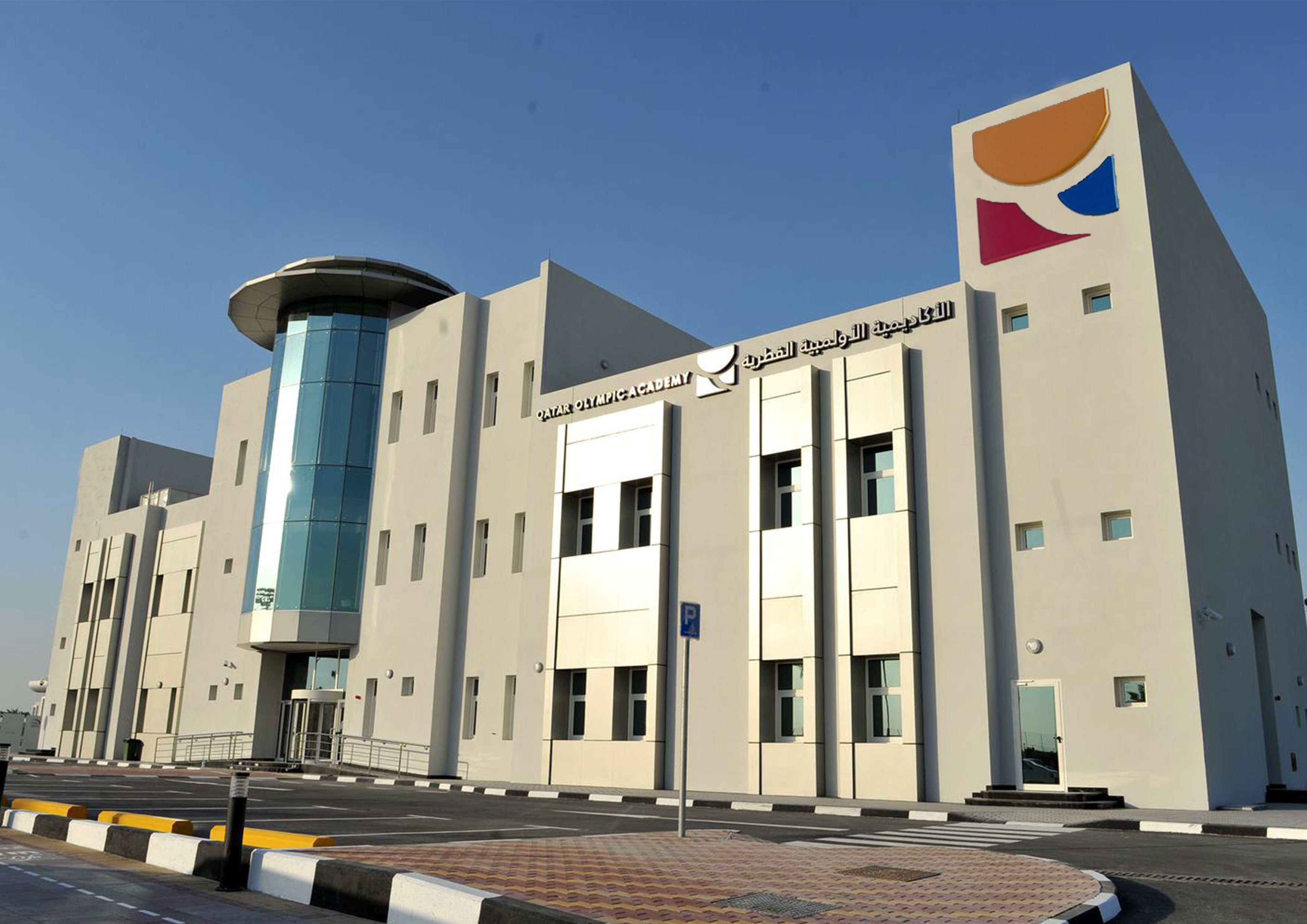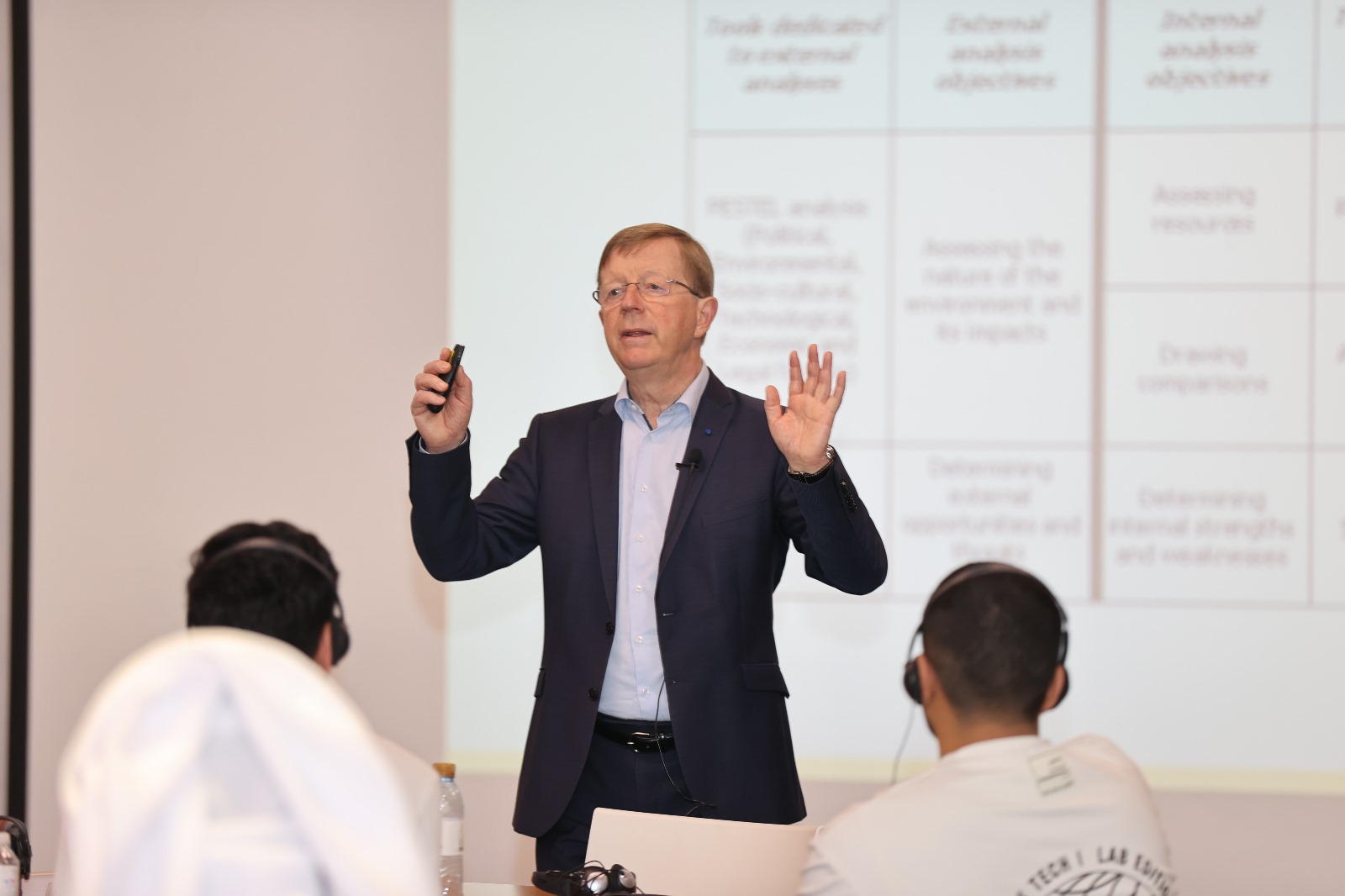Doha:
The Qatar Olympic Academy has concluded the lectures of the second semester of the Advanced Diploma Program in Sports and Olympic Management titled Strategic Planning in Sports Organizations which took place from the eighth to the tenth of April
The lectures were delivered by Professor Thierry Zint Dean of the Faculty of Sports Sciences at the University of Louvain in Belgium and Executive Director of the MEMOS Professional Masters Program accredited by the International Olympic Committee who holds several international positions in sports including Vice President of the Belgian Olympic Committee and member of the World Archery Council for Europe among others
The lectures included theoretical and practical sessions where the professor discussed key aspects of strategic planning defining it as the search for the best alternatives to achieve a specific goal within a set timeframe and available resources under existing conditions
He explained that strategy should move an organization from its current state to its desired future serving as a roadmap that defines what needs to be done who should do it and how values align with vision and execution
The professor outlined that strategic management consists of five steps preparation diagnosis goal setting planning and evaluation
He emphasized that preparing a strategic plan involves answering key questions such as why a strategic plan is needed internal and external factors how it will be developed data collection stakeholder identification external consultancy the time required and the available budget
He presented a case study of the New Zealand Olympic Committees strategic plan highlighting their Performance Peak framework which ensures the organization remains highperforming while involving federations and stakeholders in strategic development
Additionally he stressed the importance of diagnosing a sports organizations environment by identifying stakeholders such as board members employees volunteers athletes sponsors media and government entities before drafting a strategy
He noted that sports organizations commonly use SWOT analysis Strengths Weaknesses Opportunities Threats for internal and external assessments
Key elements of a strategic plan include vision and values defining aspirations and core principles a mission statement outlining the organizations purpose strategic goals aligning with vision values and mission and action plans detailing implementation steps for services and key products
He highlighted that ensuring the success of Asian teams globally and making football the continents top sport requires clear strategic objectives
Strategic objectives and action plans must address what changes or actions will occur how they will be implemented who is responsible and when they will happen and how long they will take
Monitoring and evaluation are the final crucial steps in strategic planning essential for progress and a core responsibility of the board
Key performance indicators KPIs measure goal achievement such as athlete performance results number of selected athletes support programs for athletes and coaches growth in membership numbers for example ten athletes winning medals in a national championship
The lectures provided comprehensive insights into strategic planning frameworks equipping attendees with tools to enhance sports management practices
More news

Qatari Olympic Academy Signs Memorandum of Understanding with Saudi Olympic Academy
Tashkent - Uzbekistan – January 26, 2026: The 46th Asian Olympic Council meeting in Tashkent, Uzbekistan, witnessed the signing of an important memorandum of understanding between the Qatari Olympic Academy and the Saudi Olympic Academy, in a step that enhances regional and Gulf sports cooperation. The agreement, signed by the Qatari Olympic Academy with the Saudi Olympic Academy, aims to strengthen cooperation in the field of developing sports training cadres.

Conclusion of the "Digitalization and Sports Management" course
As part of its ambitious strategy to develop sports and administrative cadres, the Qatar Olympic Academy held a specialized training course titled "Digitalization and Sports Management," marking the first of its diverse programs included in the new year's 2026 agenda. The course was presented by Dr. Robert Kasper, Assistant Professor in Sports Management at Schloss Seeburg University in Austria, amid diverse participation from those interested in sports affairs in the State of Qatar and the region as a whole.

The Agenda Included Numerous Programs, Courses, and Workshops in Various Fields
Doha: The Qatar Olympic Academy announced the launch of its agenda for programs and courses for the new year 2026, which included numerous programs, courses, and workshops in various sports and Olympic fields, exceeding seventeen programs, whether in the area of Olympic education workshops, diverse courses, or postgraduate studies in cooperation with a number of international and regional entities.

